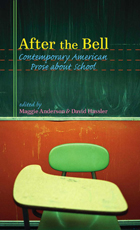
The essays are by emerging as well as established fiction writers, poets, social commentators, and educational theorists. Told from the point of view of students, teachers, parents, and administrators through the multiple perspectives or race, class, physical and intellectual abilities, and sexually, the stories reveal how memories of our school days haunt and sustain us.
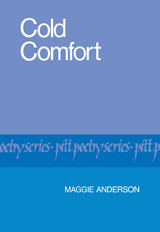
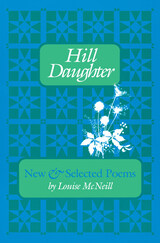
Musically complex and intellectually sophisticated, Louise McNeill’s imagery and rhythms have their deepest sources in the West Virginia mountains where she was born in 1911 on a farm that has been in her family for nine generations. These are rooted poems, passionately concerned with stewardship of the land and with the various destructions of land and people that often come masked as “progress.”
In colloquial, rural, and sometimes macabre imagery, Louise McNeill documents the effects of the change from a farm to an industrial economy on the West Virginia mountain people. She writes of the earliest white settlements on the western side of the Alleghenies and of the people who remained there through the coming of the roads, the timber and coal industries, and the several wars of this century.
The reappearance of Louise McNeill’s long out-of-print poems will be cause for celebration for readers familiar with her work. Those reading it for the first time will discover musical, serious, idiosyncratic, and startling poems that define the Appalachian experience.
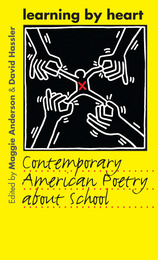
Learning by Heart brings together a unique and diverse collection of poems about the experience of school as seen through the eyes of America's best contemporary poets. These poets capture the educational process not only in the classroom but as it takes place in libraries and hallways, on playing fields and at dances. Alternately joyous and defiant, they demonstrate how it is that young people come to find their place in the world.
Most of the poems in this anthology were written between 1970 and 1995, a period that encompasses both the halcyon years of poets-in-the-schools programs and the primary and secondary school years of many of the poets included. Their poems define school in that most contemporary sense — “with a multitude of voices”—reflecting perspectives from African American, Hispanic American, Asian American, and Native American as well as Anglo American backgrounds, from both public and private schools in rural and urban environments.
Learning by Heart offers a profound and timely statement about schools and learning as well as the role of art in education. Finally, these poems validate that most important lesson: even the most common of experiences is worthy of creative expression.
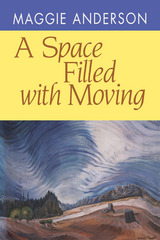
"We are struck by the generosity of a voice that manages to bridge the gap between a personal and a world view, a balance that reveals a narrator who is of the world yet not overwhelmed by it."
—Prairie Schooner
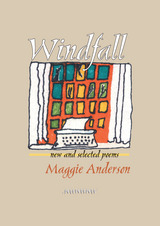
READERS
Browse our collection.
PUBLISHERS
See BiblioVault's publisher services.
STUDENT SERVICES
Files for college accessibility offices.
UChicago Accessibility Resources
home | accessibility | search | about | contact us
BiblioVault ® 2001 - 2024
The University of Chicago Press









